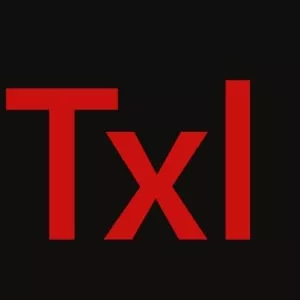EMPLOYING FOREIGN WORKERS WITHOUT A SPONSOR LICENCE
Sponsor licence is a great asset for any UK organization that wishes to employ skilled foreign workers from around the globe. However, applying for a sponsor licence involves cost, time and effort, and once the sponsor licence is granted there are sponsorship duties and obligations that sponsor employers have to meet. Those are some of the reasons why UK employers may try to look for other solutions allowing them to employ foreign workers without the need for a sponsor licence. We explain some of those options in more detail below.
HOW TO EMPLOY FOREIGN WORKERS IF YOU DON'T HAVE A SPONSOR LICENCE?
There are many foreign nationals in the UK who hold UK visas with the right to work. For example, dependant family members of skilled worker visa holders and dependant family members of other visa categories also can work in the UK. What is also important, there are no restrictions on the type of employment that dependant visa holders are allowed to do in the UK, except that they cannot work as a professional sportsperson, including as a sports coach. Only dependants of Ancestry visa holders can be employed in those jobs.
Ancestry visa, Youth Mobility visa and Graduate visa holders all have flexibility of employment in the UK. Family visa holders are also allowed to work, except fiancé visa holders who do not have the right to work but they do acquire it as soon as they get their spouse visa.
Some sponsored workers can take additional paid employment, known as 'supplementary employment', provided they are continuing to work in the employment for which their Certificate of Sponsorship (CoS) was assigned by their sponsor employer and the additional employment meets the conditions set out below. Where supplementary employment is permitted, it does not have to be with a licensed sponsor. Sponsored workers do not need to advise Home Office of any supplementary employment they undertake as long as it meets the criteria set out below.
A worker can take supplementary employment if they have been granted entry clearance or permission on any of the following routes:
- Skilled Worker
- the Intra-Company routes in place before 11 April 2022
- Senior or Specialist Worker (but only if they qualify under a
transitional
arrangement) - T2 Minister of Religion
- International Sportsperson
- Creative Worker
- Government Authorised Exchange
- International Agreement (but only if the worker has been
granted as an
employee of an overseas government or international organisation) - Religious Worker
Supplementary employment must meet all of the following requirements:
- it must be in the same profession and at the same professional level as the work for which the worker's CoS was assigned or be a job which is in an occupation listed in Appendix Shortage Occupation List - if the occupation is later removed from the list of shortage occupations, the worker must finish that employment
- it must be for no more than 20 hours a week; and
- it must take place outside of the normal working hours for which the worker's CoS was assigned
The content of this article is intended to provide a general guide to the subject matter. Specialist advice should be sought about your specific circumstances.

